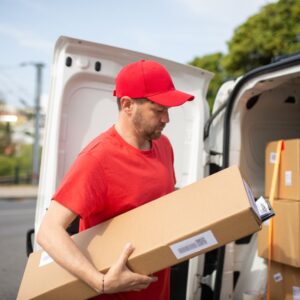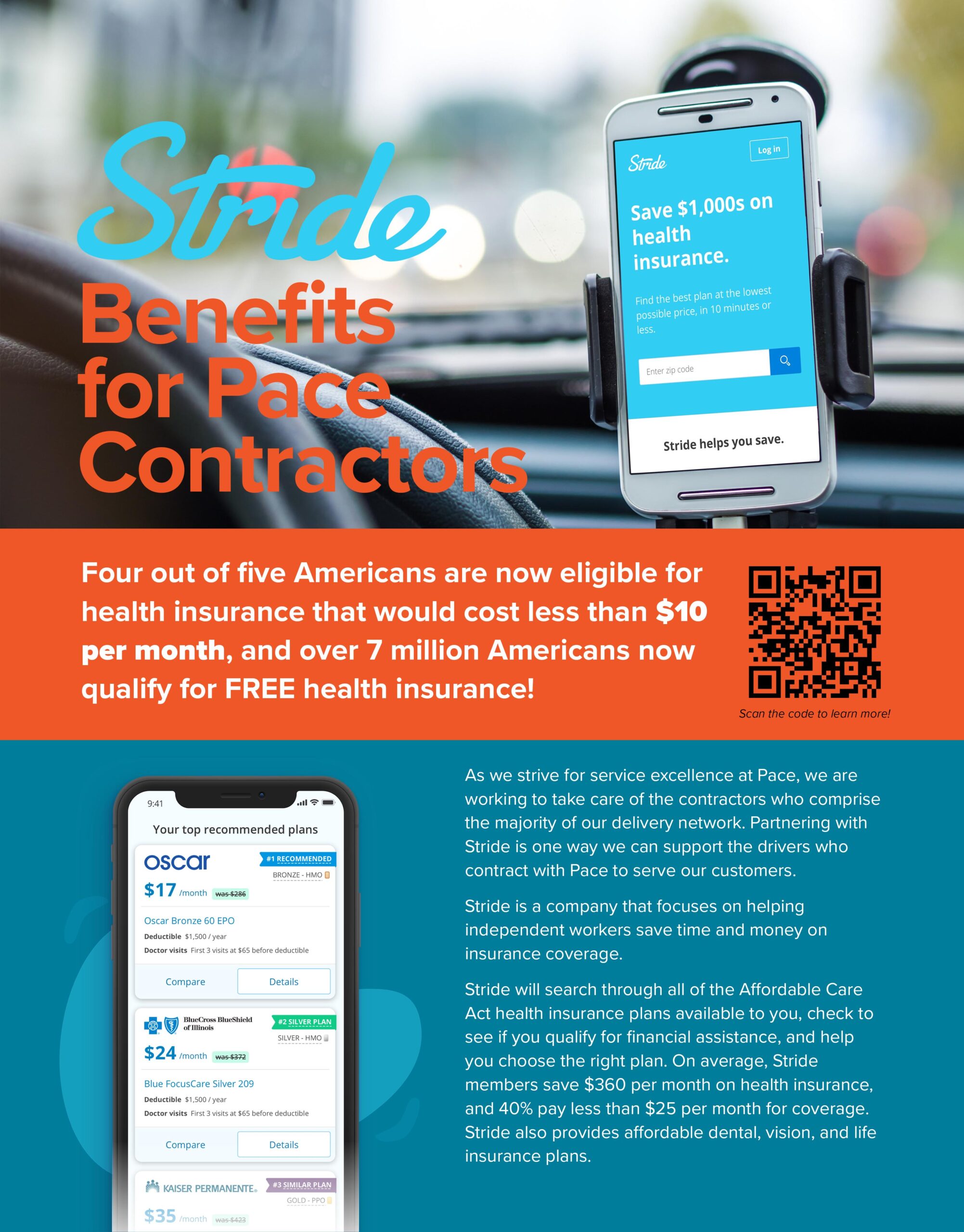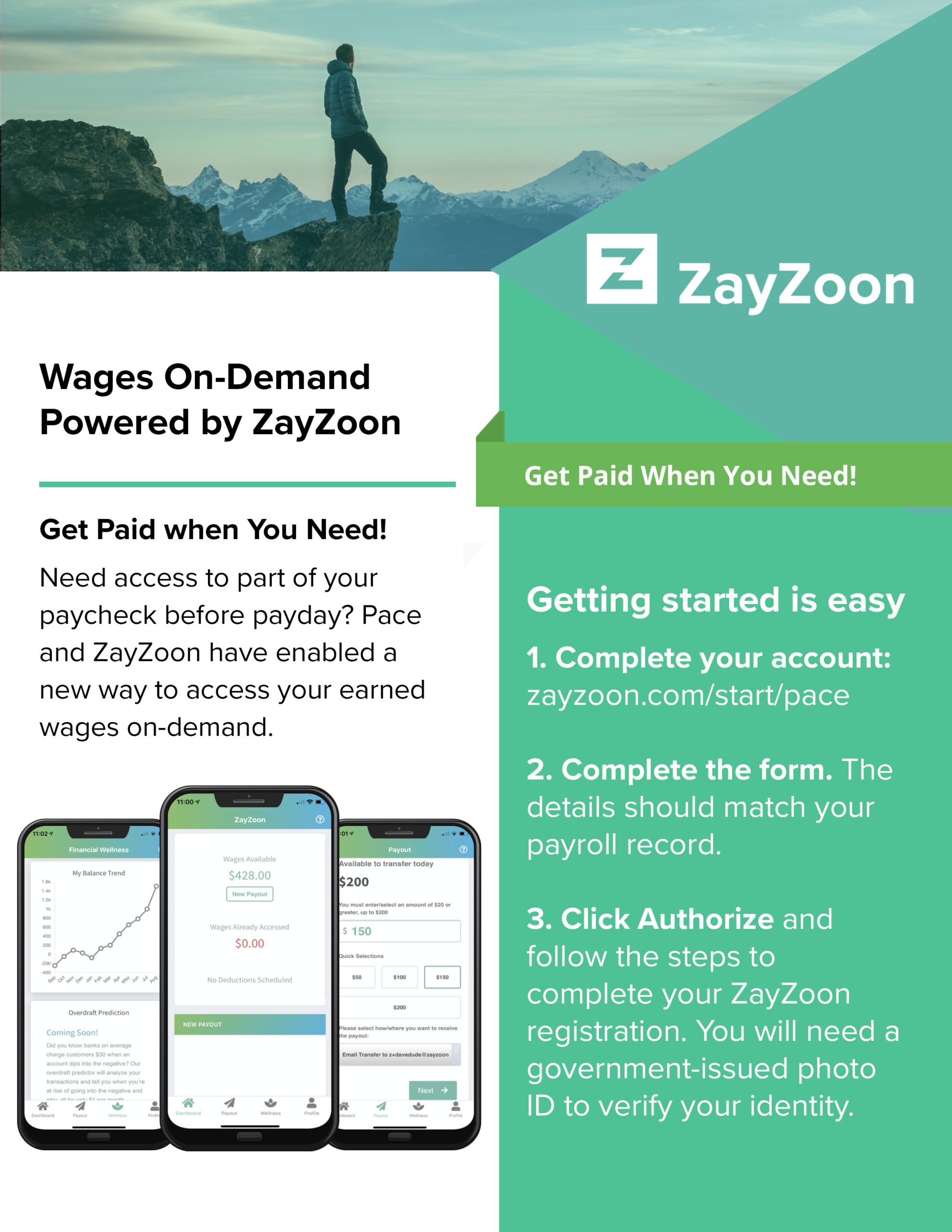
B2C Deliveries Are on the Rise
The COVID-19 pandemic, and the resultant lockdowns and quarantines ordered this year by state and local municipalities in various forms, has not only changed how consumers order and take possession of their goods, but has also greatly reshaped the landscape regarding how these goods are delivered. Long-haul freight and business-to-business (B2B) deliveries have dramatically dropped this year, due in part to the temporary closures of traditional brick-and-mortar stores and exacerbated by shifts in consumer shopping behaviors. Consequently, business-to-consumer (B2C) deliveries have increased as consumers are purchasing more and more online and receiving those purchases at home. As consumer spending habits shift and the demand for B2C deliveries rises, so does the demand for customized final mile solutions.
In this year’s 2nd quarter, UPS Ground’s residential volume jumped 63.8%, as the U.S. e-commerce market increased by 35%. “Stay-at-home restrictions mandated at the end of March and into April drove double-digit growth of B2C deliveries”, said Kate Gutmann, Chief Sales and Solutions Officer for UPS.
FedEx experienced similar increases, publicly commenting that e-commerce had accelerated, adversely affecting their B2B results as well as those of other carriers, while simultaneously creating a rise in B2C deliveries.
FedEx Executive Vice President and Chief Marketing/Communications Officer, Brie Carere, said that “Several years of retail share gains have been compressed into a few months in the United States, with e-commerce as a percentage of U.S. retail increasing from 16% in calendar year 2019 to 27% in April 2020.” Carere reported that FedEx’s U.S. residential volumes grew to 72%, up from 56% this time last year.
More Demand for Final Mile Services
The story-telling measure? Prior to this year, around 8% of truck trips were considered “local” at less than 100 miles, according to data from a survey conducted this year by the American Transportation Research Institute. This year that share has more than doubled, but trips over 500 miles fell by 13.4%. Clearly, the surge in package volumes to residences disrupted and stressed the delivery landscape. One consequence has been an increased demand for final mile services.
Final mile, or last mile, is when the goods move from one transportation hub to their final destination. Less-than-truckload (LTL) carriers have taken a hard look at the final mile sector for diversification reasons, seeing the opportunity to capitalize on the increased B2C action as their traditional B2B business shrinks. Southeastern Freight Lines’ Senior VP of Sales and Marketing, Mike Heaton, said that Southeastern has been “strategically building our final-mile service over time.” Noting that the carrier placed its 400th final mile truck into service earlier this year, Heaton added that “These additions, coupled with an increase in demand, have resulted in a 70% increase in daily residential deliveries since last June. Our company is now better equipped to efficiently make residential deliveries as well as other business deliveries, such as freestanding retail stores or strip malls with limited access.”
Estes Express Lines was already on the path to add to its last mile portfolio, and the shelter-in-place orders accelerated that growth. “We initially saw a slight downturn in March, which was quickly offset by a double-digit spike in volume in April and continued to accelerate throughout July, particularly in the residential delivery segment,” said Webb Estes, Vice President of Process Improvement for Estes Express Lines. “As a percentage of our overall business, the final-mile segment’s percentage of our portfolio has nearly doubled since the first of the year.”
LTL carriers have worked to adapt. They’ve encountered the need to change their equipment in many cases. They’ve also had to add new technology and operational processes as the number of larger-than-parcel (150 pounds or more) shipments have increased. The migration to last mile B2C deliveries requires the flexibility to handle a wide spectrum of freight, ranging from parcels to greater than 150 pounds to even bulkier items. Also, when LTLs are moving towards a higher concentration of B2C deliveries, they are required to be more focused on service to meet consumer expectations. Much more so than with B2B, the B2C final mile landscape in many cases is about representing the shipper’s brand to the consumer and meeting the expectations on both ends.
Shifting Towards Customization
Over the last few years the expectations for final mile service have changed significantly. Consumers want visibility to track their orders through the shipper’s website, and they demand more flexibility around delivery times and addresses. In short, the new B2C final mile requires much more customized logistics than B2B, and the responsibility of representing and protecting the shipper’s brand is paramount.
One solution for shippers are final mile providers, such as Pace, who have expertise in customized logistics solutions. When final mile carriers already have the platform, processes, and experience to adapt to and supply the more customized nature of today’s landscape, they can meet the B2C demands of today. Further, while residential parcel companies such as UPS and FedEx are working to add capacity, other final mile providers, who may have been predominantly B2B, are now in a position to translate their expertise and processes to meet today’s growing B2C demand for customized final mile solutions.
From Pace’s twenty-three warehouses serving our customers in twelve states across the Southeast and Midwest, we offer an expert focus on customized final mile solutions that meets the rising demand for B2C deliveries. With a daily promise to live up to our passion for “Solving Logistics Together”, and with a reliance on our core values, Pace is positioned to help shippers develop a customized final mile solution that meets their unique needs.











